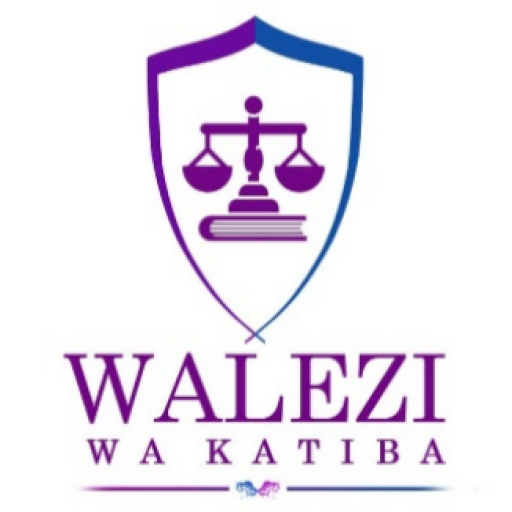Flood of presidential aspirants is not a crisis, it is a chorus.
As Uganda gears up for its 2026 General Election, an unprecedented wave of political ambition has swept across the country. Over 200 individuals have picked presidential nomination forms, sparking debate across the country and political circles. Some view this surge as a sign of unseriousness and call it a waste of time.
Some have further suggested more stringent requirements for the nominations of presidential candidates such as increasing the nomination fees from Shs 20m to Shs 100m, and academic qualifications to Master’s and having the age cap back to 45 years. All these proposals fall short of participatory democracy and pluralism.
The presidential seat is not a preserve of one individual and as such, all Ugandans have a right to participate in challenging the top seat of the land and to close out others is defeating the purpose for democracy, which Uganda boasts of.
In fact, this trend of allowing more than 200 pick nomination forms and having more than 20 candidates on the ballot is a powerful expression of democratic vitality, which reflects Uganda’s evolving political consciousness and its commitment to inclusive governance.
This democratic openness that Uganda should exude is not just a national principle; it is rooted in international law. The Universal Declaration of Human Rights (UDHR) and International Covenant on Civil and Political Rights (ICCPR) affirm the right to vote and to be elected in articles 21 and 25, respectively.
These instruments emphasise freedom, fairness, and equal opportunity, not numerical limits. Regionally, Uganda is a signatory to the African Charter on Democracy, Elections and Governance (ACDEG), which calls for the promotion of political pluralism and citizen participation.
The African Charter on Human and Peoples’ Rights (ACHPR), similarly, under articles 3, 13, 19, guarantees every citizen the right to freely participate in the government of their country and freedom from non‑discrimination. These frameworks enjoin Uganda to exercise an inclusive approach to presidential nominations.
Article 38 of the 1995 Constitution guarantees that every Ugandan citizen has the right to participate in the affairs of government, individually or through his or her representatives.
The Presidential Elections Act outlines the requirements for candidacy such as age, citizenship, signatures from at least 100 registered voters in at least two-thirds of Uganda’s districts, but it does not impose a cap on the number of aspirants. According to the Electoral Commission (EC), there are 18,103,603 registered voters, which means 200 aspirants need at least 10,000 signatures from the registered voters each, which translates to only 200,000 signatures in total.
If more than 200 Ugandans meet these criteria, then the system is functioning exactly as it should, enabling citizens to seek leadership and represent diverse constituencies. Will the EC nominate all of them? If not, why wouldn’t it if they meet all the criteria? Why should we fight them?
Across Africa, several countries have experienced elections with a big number of presidential contenders. Nigeria’s 2019 presidential election had 73 candidates, reflecting its vast and diverse political landscape. Benin’s 2016 race saw 33 candidates, Liberia’s 2005 election had 22 presidential hopefuls, including eventual winner George Weah.
The Democratic Republic of Congo (DRC) had 21 candidates in 2018. These examples show that having a big number of presidential candidates is not new and not a problem and is not unique to Uganda, as it is a continental trend in emerging democracies where political space is expanding.
Of course, those opposing this will want to point to challenges of a long list of candidates such as logistics, stretching media coverage, among others, which are mere technical issues, which should not overshadow the democratic exercise.
The solution is not to restrict candidacy, but to strengthen civic education, streamline nomination procedures, and ensure the EC is adequately resourced to manage the process. Uganda’s political future depends on its ability to embrace diversity and not suppress it.
The fact that more than 200 citizens feel empowered to seek the presidency is a sign that the democratic spirit is alive and well. It reflects a population that is engaged, ambitious, and unwilling to be spectators in its own governance. Rather than ridicule or fear this development, we should celebrate it.
Click below for full original post.
